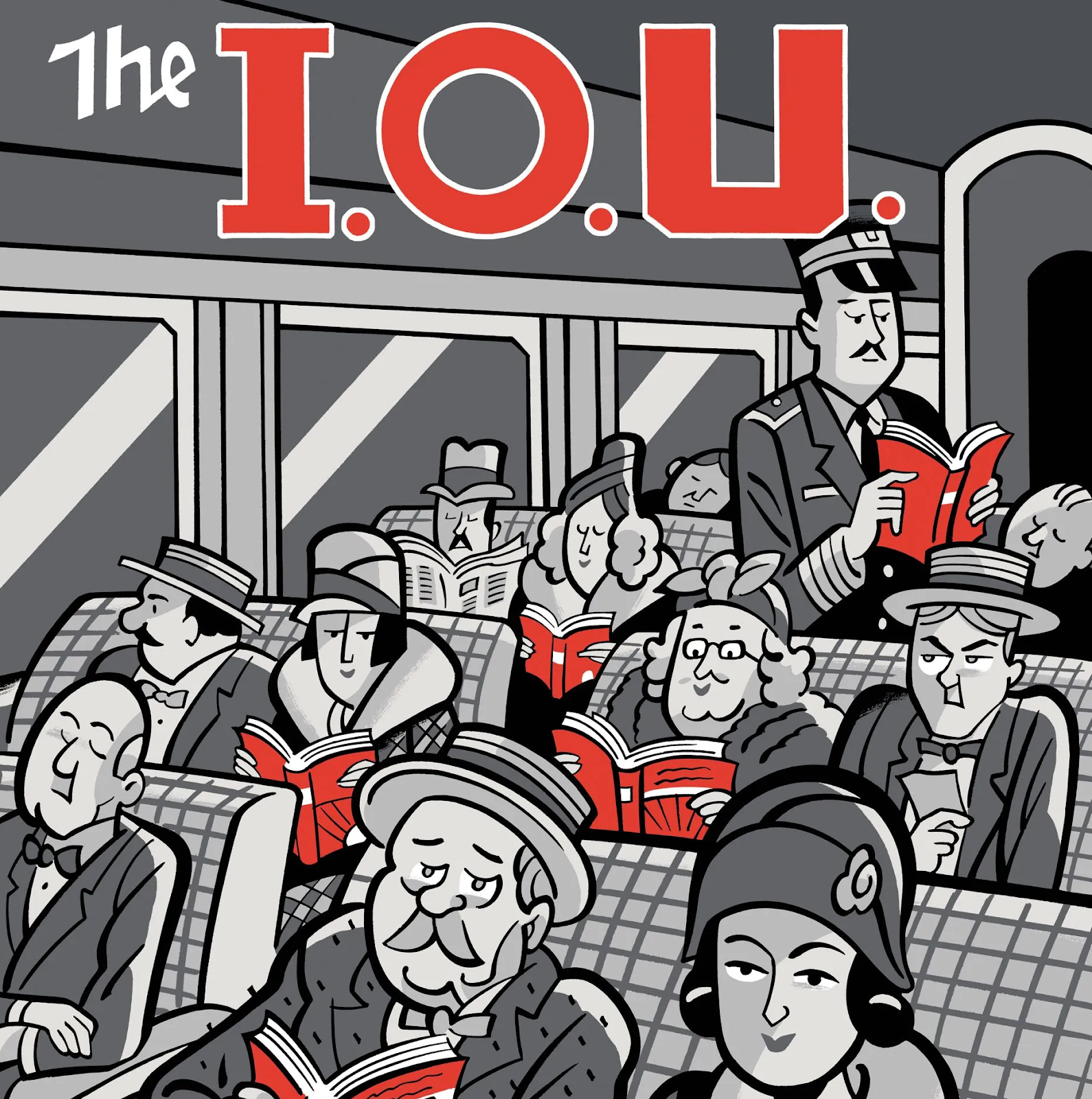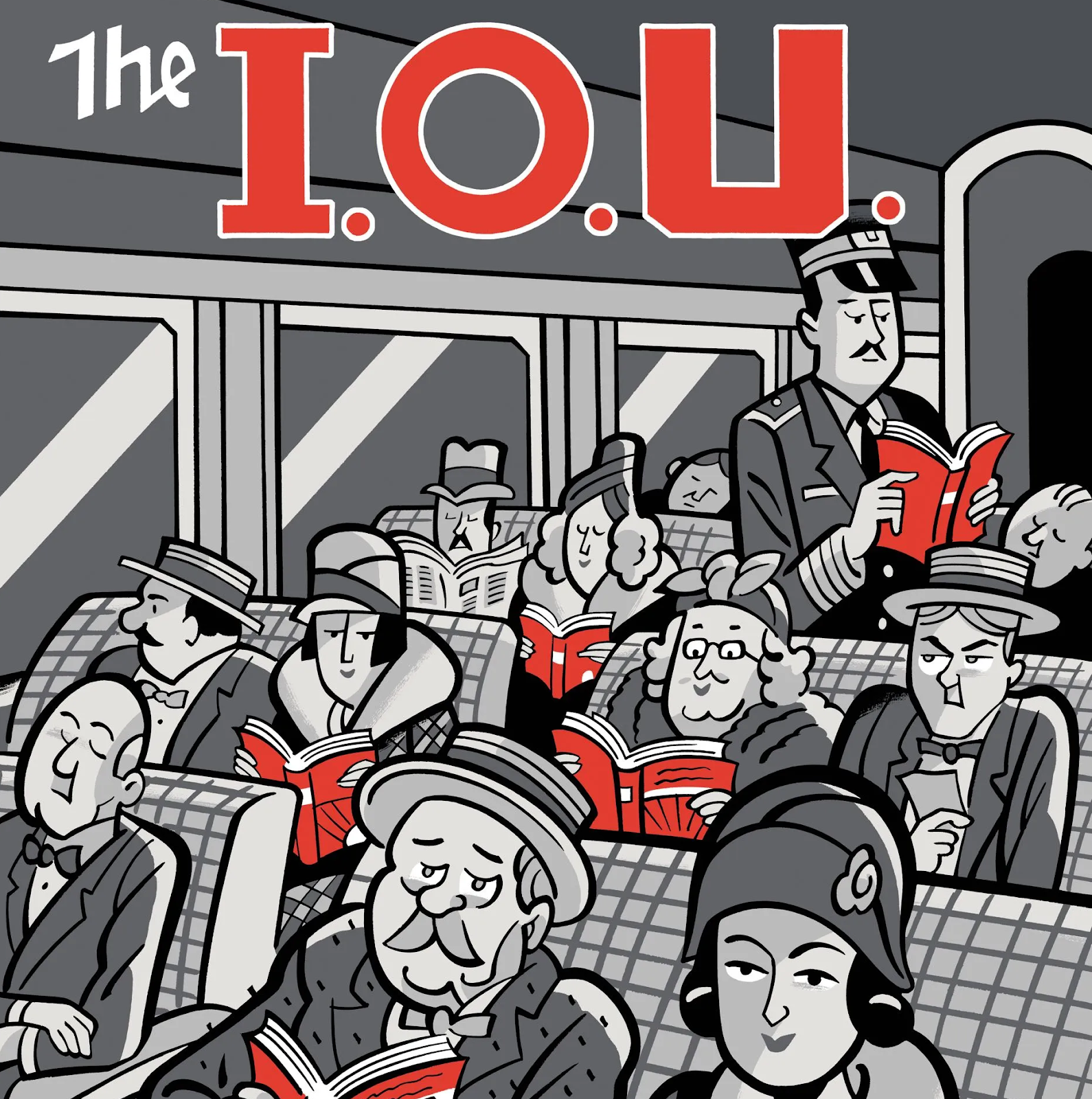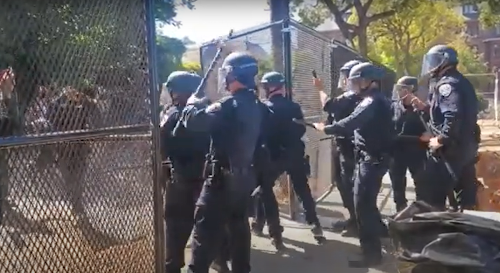From the email:
To: Valued Members of the Faculty Club
Re: 2021-22 - Highlights, News, Acknowledgement and Gratitude
As my term as President of the Faculty Club’s Board of Governors comes to an end today, I’m writing to recap some of the highlights of this last year, share more important news, and offer my thanks to the many of the people who have made my term so rewarding.
First, let me acknowledge that our efforts to reopen after the long closure were difficult. Many factors contributed, including pandemic-related supply-chain issues that caused a significant delay in getting the needed occupancy permits. In addition, staffing shortages that are pervasive throughout the hospitality sector have been a significant challenge. I realize that these delays tried your patience; be assured they tried mine as well as that of Board members and staff too.
On the positive side, our limited reopening on July 18th has been a success. Many of you much-missed members have returned for coffee dates and lunches. It’s wonderful to see the Club buzzing with activity again.
Allow me to share wonderful and exciting news. Thanks to an extraordinarily generous gift of $1.6 million from Sherie and Don Morrison, we now have the funding we need to undertake a critical project for which we did not have the budget during our recent renovation project. The Morrisons’ gift will enable us to undertake an extensive remodel of the west side of the Club’s main hallway. In partnership with UCLA Administration, which is funding crucial plumbing and sewer work under the front terrace, the project will allow us to enlarge the north restrooms, making them gracious and accessible. By capturing space currently occupied by two closets, two unused phone booths, and a portion of the custodians’ closet, we can add a single-occupancy restroom, which can also serve as a green room, family room, or bride’s room. If budget allows, we will also be able to enlarge and upgrade our telecom closet and make improvements to the lobby.
Just last week, the construction fence for this project went up to begin this latest project.
Working with UCLA Capital Programs, UCLA Facilities Management, and General Manager Luciano Sautto, we anticipate that the project will require 13 months. Much of the work can be done from the west side of the building – that is, from the outside going in -- which we hope will minimize disruptions to members and guests.
As you return to the Club, please check out our many new and wonderful improvements, including:
The attractive new main patio with drought-tolerant landscaping
The lovely new Miller-Moran Patio off the Sequoia Room (named for Bruce Miller and Jennifer Moran)
The completely redone downstairs lounge, now named The Sherie Bar and Lounge, in honor of Professor Sherie Morrison
The beautiful bronze fountain by George Tsutakawa near the front entrance, which was purchased by UCLA in 1965, but which had been in storage for more than 10 years
The four redone fireplaces with environmentally-friendly ethanol-fueled inserts
The well-functioning HVAC system
The fabulous new restrooms on the south side of the building
The accessible entrances in the front of the building, at the south entrance, and off parking lot A
In the south hallway, the gorgeous suite of reproductions representing the Pacific Ocean by Joseph Young, originally created in 1962
The many improvements to the attractiveness of the Coral Grill
The beautiful new exterior lighting
These improvements would not have been possible without the extraordinary efforts and hard work of the following individuals:
Eric Heggen, Senior Project Manager, UCLA Capital Programs
Clover Linné, Senior Associate, Moore Rubel Yudell Architects and Planners
Susan Santon, Associate Vice Chancellor UCLA Capital Programs
Luciano Sautto, General Manager, UCLA Faculty Club
Kelly Schmader, Assistant Vice Chancellor UCLA Facilities Management
Mario Violich, Principal, Moore Rubel Yudell Architects and Planners
Buzz Yudell, Partner, Moore Rubel Yudell Architects and Planners
A special thanks is also owed to Michael Beck, Administrative Vice Chancellor, for his crucial interest in and support of this project.
I must also give a heartfelt thank you to the many sustaining members and committed donors whose contributions towards the renovation project enabled us to raise more than $4 million, an all-time record for the Club. And, please join me in thanking Vicki Steele for her incredible efforts in leading the fundraising effort and acquiring many of the furnishings and artworks for the Faculty Club. She truly is the volunteer extraordinaire of the UCLA Faculty Club.
With our full opening date of September 22nd just three weeks off, let me update you on staffing. With immense gratitude, I wish to recognize the extraordinary efforts of the longtime stalwart staff who have stayed with us:
Luis Cervantes, Banquet Head Chef
Jasmine Dade, Catering Sales Coordinator
Ramon Duarte, Food Services Supervisor I
Salvador Duarte, Food and Beverage Lead Server
Jill Perry, Accounts Receivable and Membership
Rodolfo Ramos, Food and Beverage Services
Amal Silva, Catering Sales Coordinator
Betty Elizabeth Vasquez, Food Services Supervisor
Please also welcome the following new staff:
Gerardo Cueto, Marketing and Graphic Design Coordinator
Robert Ito, Executive Chef
Cherisse Rutledge, HR and Executive Assistant
Currently we are in the process of recruiting for the following positions:
Food and Beverage Manager
Fiscal Officer
Wait staff
Cooks
Custodians
As for the Board of Governors, my heartfelt thanks to the three hardworking members who are rotating off the Board:
Julie Kwan, Past President
Albert Aubin, Member-at-Large
Robert Freel, Member-at-Large
And I look forward to working with the three incoming board members:
Claudia Mitchell-Kernan, President Elect
Kym Faull, Member-at-Large
Rosina Becerra, Member-at-Large
Please join me in congratulating Caroline Streeter, who steps in as President on September 1st.
In moving on as Past President, I will continue actively to serve you, your family, friends and colleagues, as well as the wellbeing of our revered Faculty Club.
See you in September and beyond.
Jane S. Permaul, Outgoing President
===
*http://uclafacultyassociation.blogspot.com/2022/08/hate-to-dredge-up-old-history-but-lets.html.
===
You can hear the text above at the link below:
https://ia601402.us.archive.org/25/items/big-ten/faculty%20club%20email.mp3








































